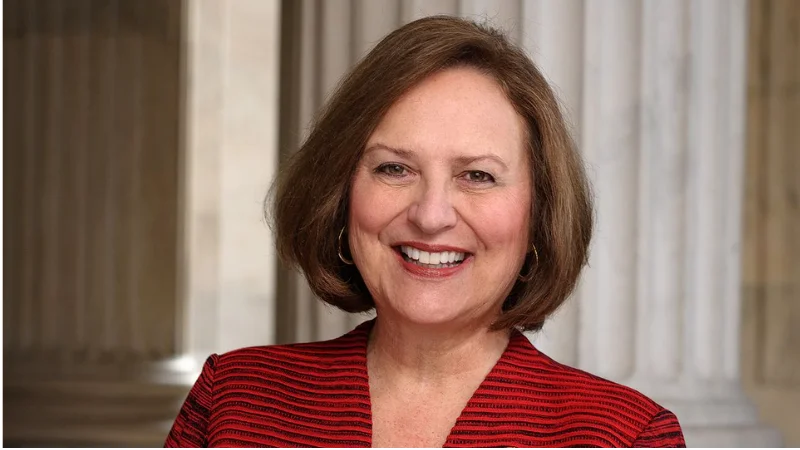Senator Deb Fischer, US Senator for Nebraska | Sen. Deb Fischer Official U.S. Senate headshot
Senator Deb Fischer, US Senator for Nebraska | Sen. Deb Fischer Official U.S. Senate headshot
U.S. Senator Deb Fischer (R-NE) has outlined her support for the bipartisan Child Care Modernization Act, emphasizing its potential to address child care challenges facing Nebraska families. In an op-ed published in the Lincoln Journal Star, Fischer discussed the need for affordable and accessible child care, highlighting stories from her recent visits to local providers across the state.
Fischer described meeting with staff at facilities such as the Ainsworth Child Development Center and programs run by the Northwest Community Action Partnership. She also referenced federal funding she helped secure for early childhood education initiatives at the University of Nebraska at Kearney and a new Head Start facility in Lincoln.
"These visits underscored a deep truth: when parents have reliable care, families thrive, employers have a steady workforce, and communities grow stronger. For towns across Nebraska, access to quality child care can mean the difference between families putting down roots or moving elsewhere," Fischer wrote.
She pointed out that more than 40% of American families struggle to access affordable child care, with costs in Nebraska sometimes exceeding 10% of a family's income. The average salary for child care workers in Nebraska is about $29,000 per year, which Fischer noted is significantly lower than the state's average salary of $63,800.
"Providers are struggling, too. Child care workers in Nebraska earn about $29,000 a year — far below the state’s average salary of $63,800. Providers often operate on razor-thin margins, especially in rural areas. Families can’t afford to pay more, but providers can’t survive on what they earn now," she said.
The proposed legislation would update the Child Care and Development Block Grant (CCDBG), which has not been revised in over ten years. Fischer detailed three main changes: adjusting reimbursement rates so they reflect actual costs including salaries and training; creating grants within CCDBG to help open or expand facilities; and improving state plans to offer more flexibility and support for different types of providers.
The bill also aims to increase assistance for in-home providers—who represent nearly 40% of rural child care—by offering technical help with regulations and shared services.
Fischer cited examples showing how CCDBG subsidies reduce out-of-pocket expenses for families compared to market rates for infant care in Adams County and Lancaster County.
"For parents, the impact of CCDBG is already clear. A Nebraska family receiving a subsidy pays about $61 to $73 per month out of pocket. Without it, parents in Adams County pay an average of $900 per month for center-based infant care, and in Lancaster County costs top $1,100 monthly. Expanding and improving this program means more families can breathe easier, knowing child care won’t break the bank," she stated.
She concluded by noting that strengthening CCDBG is not a partisan issue but one that affects all communities across party lines: "This isn’t a partisan issue. Child care affects Democrats and Republicans, urban and rural families alike."
The legislation seeks to provide stability both for working parents who rely on affordable child care options and providers who face financial pressures maintaining their services.


 Alerts Sign-up
Alerts Sign-up